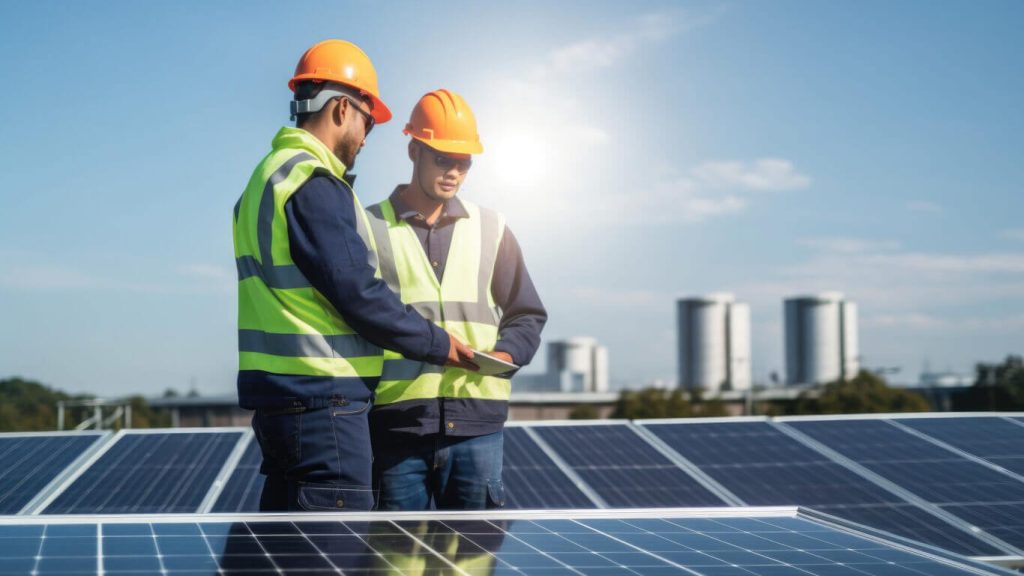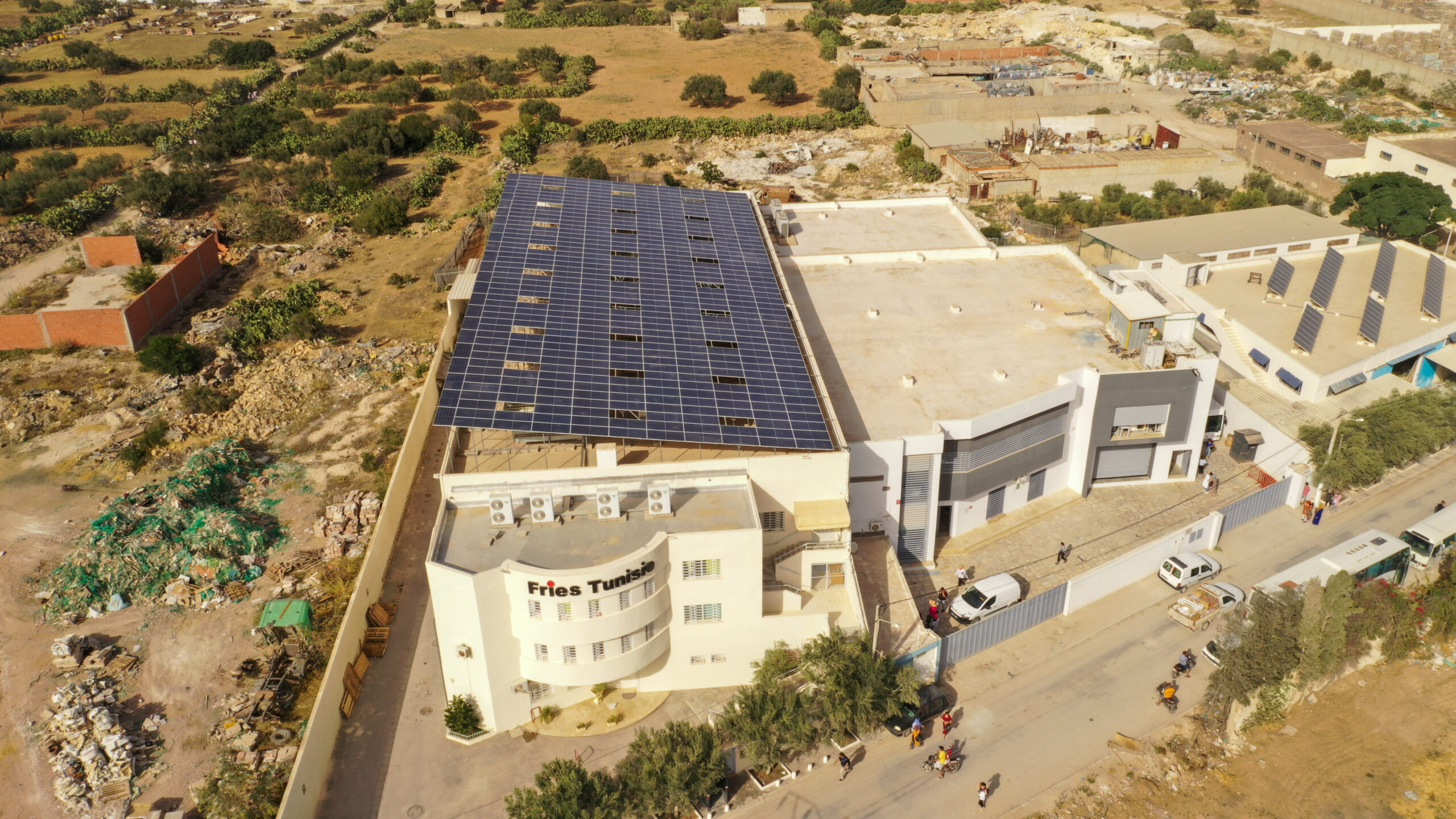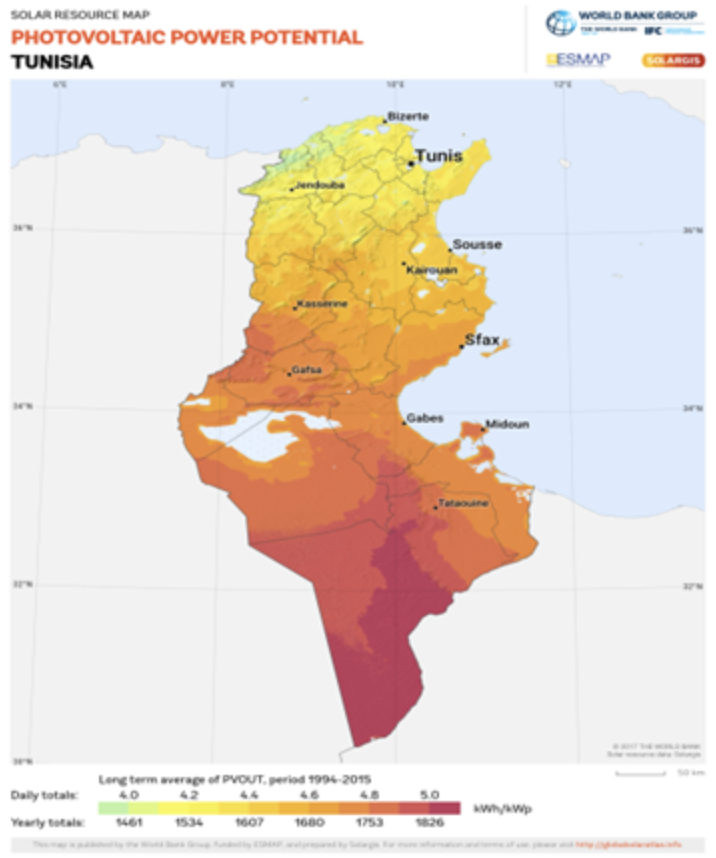
Exceptional sunlight, enormous potential
Tunisia benefits from an exceptional level of sunshine, with an average of 3,000 hours of sunlight per year. This abundant solar resource makes the country an ideal location for photovoltaic energy production, allowing individuals, businesses, and farmers to generate their own electricity in a clean and cost-effective way.
At a time when electricity costs continue to rise and energy transition becomes a necessity, solar energy is emerging as an essential solution
“Solar energy in tunisia: A key pillar of the energy transition “
A strategy towards energy independence
With growing energy demand and reliance on fossil fuels, Tunisia has implemented an ambitious strategy to promote renewable energy. The country aims to generate 35% of its electricity from renewable sources by 2030, with a strong focus on solar power
Supportive Policies
The Tunisian government has introduced several incentives to accelerate the adoption of photovoltaic energy:
1.Prosol program :
Facilitates financing for residential solar systems in partnership with STEG.
2.Energy Transition Fund (FTE):
The main financing tool of ANME, offering grants and financial aid for various projects.
3.Targeted programs:
Specific programs are available for industrial, agricultural, and residential sectors, depending on national priorities.
4.Green bank loans:
Low interest loans to finance solar projects.
Economic advantages of solar energy
Installing solar panels allows households and businesses to reduce their electricity bills by up to 100%. Self-consumption enables them to produce and use their own energy, reducing dependence on the national grid.
Despite the initial cost, government incentives and energy savings ensure a fast return on investment. Additionally, technological advancements have reduced solar panel costs by 80% in recent decades, making solar energy more accessible.
Profitable investment et government subsidies :
Solar energy is a clean alternative to fossil fuels. A single solar panel can prevent the emission of several tons of CO₂over its lifetime, actively contributing to the fight against climate change.
Unlike thermal power plants, solar energy production does not consume water or fossil fuels, helping to conserve natural resources and reduce pollution.
The adoption of solar panels helps to reduce air pollution, improving overall air quality and lowering respiratory diseases caused by fossil fuel emissions.
Accessibility and technological innovations
Thanks to technological advancements, solar panels have become more efficient and more resistant to extreme weather conditions. In Tunisia, the latest generation of solar panels is specially designed to withstand high temperatures and sandstorms, ensuring optimal performance year-round.
Photovoltaic systems are now plug-and-play, with simplified installation and limited maintenance. What's more, modern technologies enable real-time monitoring of energy production and consumption via mobile applications.
Energy security and independence
With electricity prices constantly rising, generating your own solar energy helps avoid price fluctuations and ensures a secure and stable electricity supply.
Thanks to energy storage systems and solar microgrids, businesses and households equipped with photovoltaic panels can prevent power interruptions and maintain a stable and continuous power supply
Our achievements
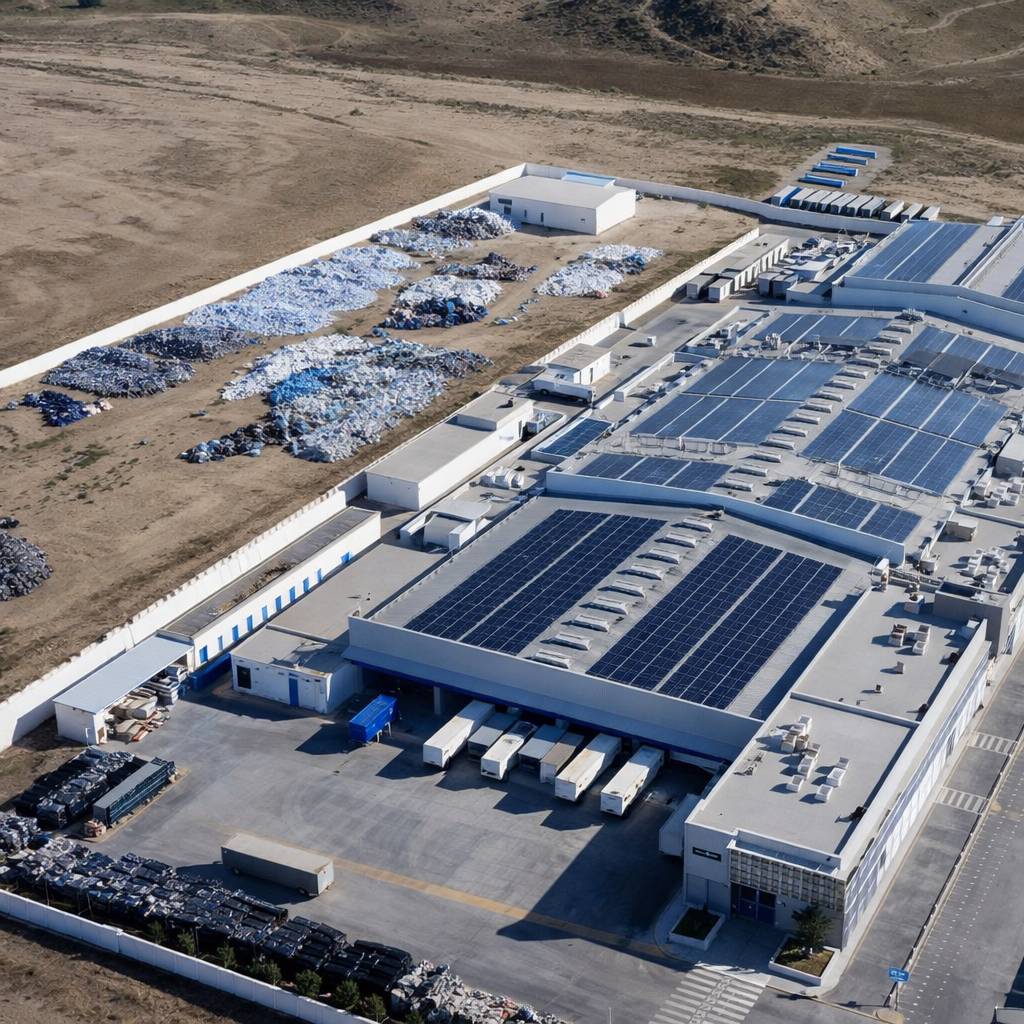
Autoliv Photovoltaic Installation – 1516 kWp
Industrial
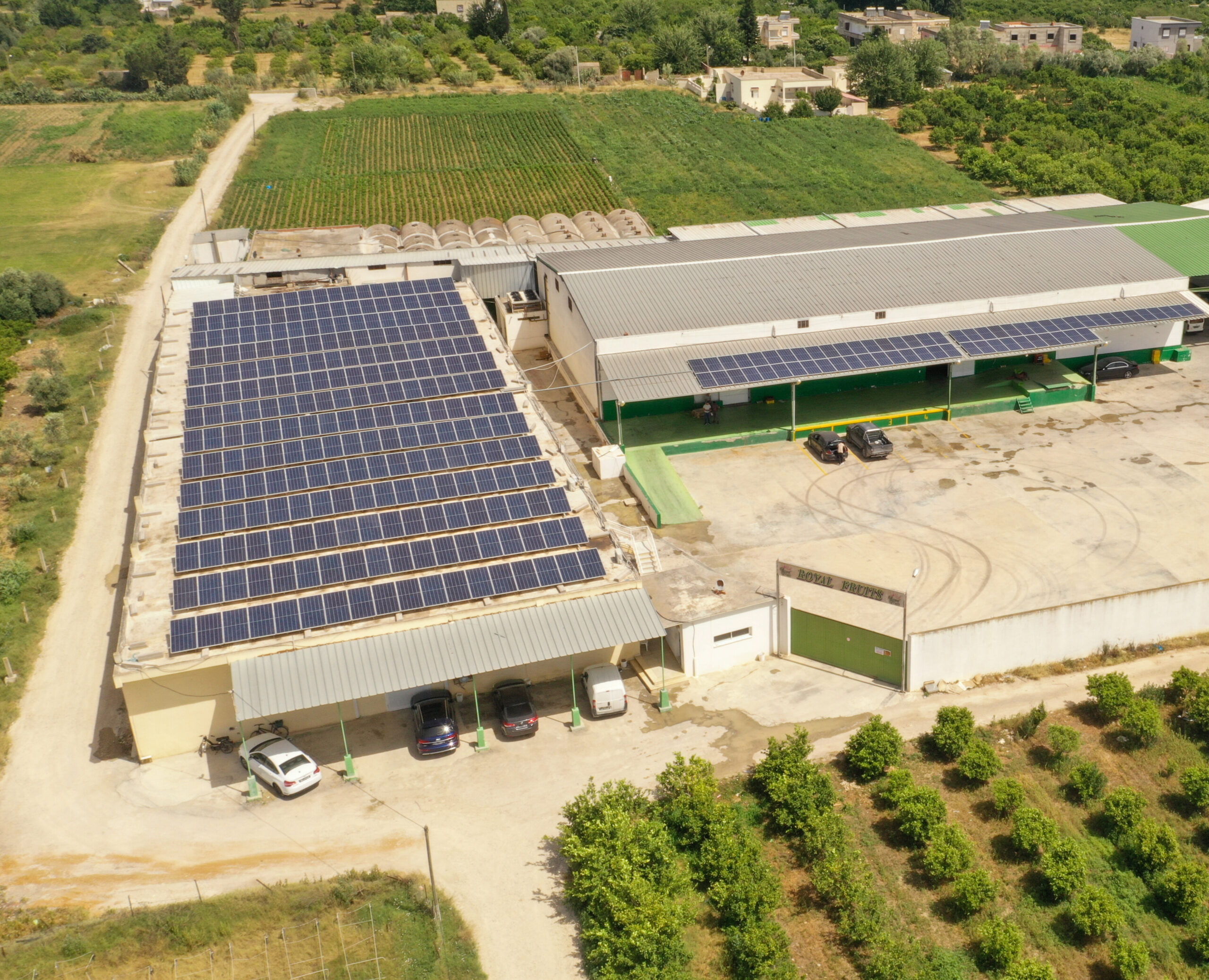
Project Agriculture: 130 kWc
Agriculture

Make the choice for clean and profitable energy today!
Contact Gamco Energy for a free and personalized assessment.

